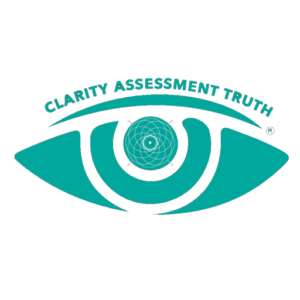
Narcissistic Abuse is a type of psychological or emotional abuse pattern that can occur in personal and/or professional relationships. It is characterized by a range of abusive behaviors such as unwarranted criticism, rage, obsessive control, stalking, gaslighting, neglect, or even life-threatening attacks. It is often perpetrated by individuals who have a grandiose sense of their own importance, a deep need for excessive attention and admiration, and a lack of empathy for others.
Identifiable Victim Markers (IVMs):
• Anxiety: Ongoing manipulation and criticism can create chronic anxiety in the victim.
• Argumentative: Victims may become argumentative in an attempt to defend themselves.
• Avoidance: Avoiding the abuser or situations that might trigger abuse.
• Compliance: Victims may comply with the abuser’s demands out of fear or a desire to avoid conflict.
• Conditioned Beliefs: The victim may develop conditioned beliefs that align with the abuser’s views.
• Defensiveness: Constantly feeling the need to defend oneself due to continuous criticism.
• Detachment: Emotional withdrawal to protect oneself from the emotional pain of the abuse.
• Denial: Denying or minimizing the abuse to cope with the emotional trauma.
• Dismissive: Dismissing their feelings or needs as a survival mechanism.
• Isolation: Withdrawal from friends and family who might recognize and challenge the abuse.
• Labeling: Internalizing negative labels placed upon them by the abuser.
• Minimization: Minimizing the seriousness of the abuse or its impact on themselves.
• Nervousness: Chronic nervousness due to living in a constant state of tension.
• Non-Accountable: Difficulty taking responsibility, often as a reaction to excessive blame.
• Reactive: Quick emotional reactions to triggers that remind them of the abuse.
• Reactive Narcissism: Developing narcissistic traits in response to narcissistic abuse.
• Self-blame: Blaming oneself for the abuse, thinking they deserve or caused it.
• Self-criticism: Chronic self-criticism, often echoing the abuser’s words and judgments.
• Self-doubt: Doubting one’s worth, abilities, or judgment as a result of the abuse.
.


